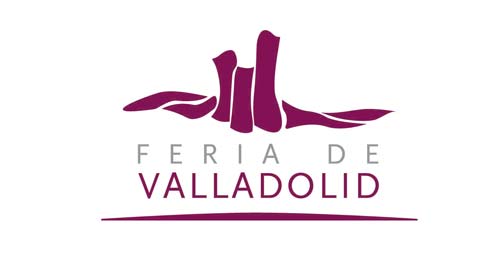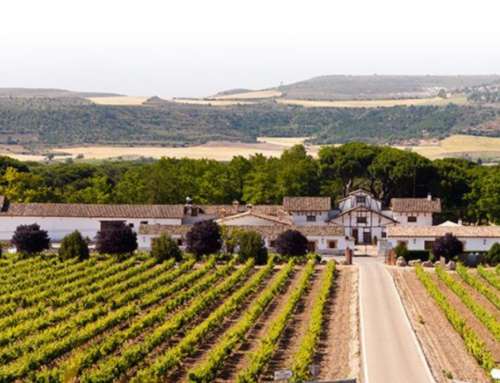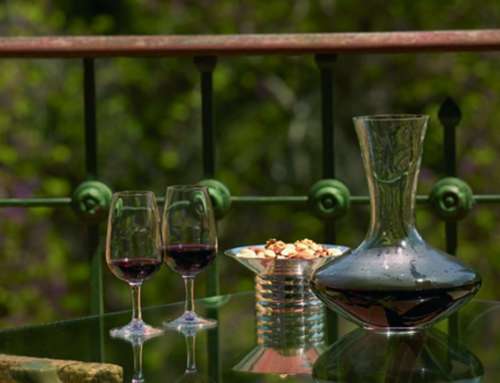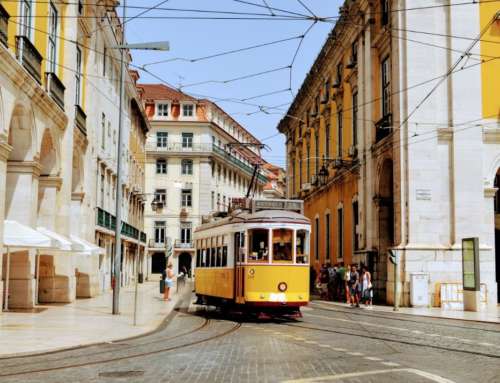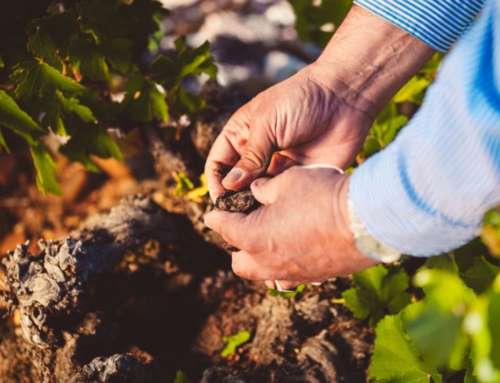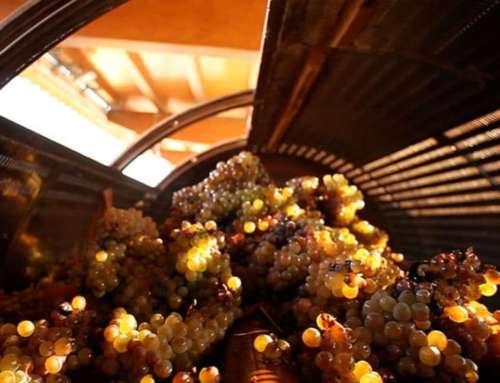The essence of Alella, present at FINE 2024 with its wine tourism offering
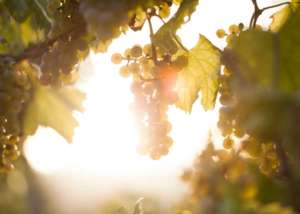
The Alella Designation of Origin, recognised since 1956, is an emblem of viticulture in Catalonia and is characterised by its proximity to the city of Barcelona and its idyllic location between the Mediterranean Sea and the Serralada Litoral.
With an area of approximately 560 hectares and an average annual production of 9,000 hectolitres, this DO is one of the smallest and oldest on the peninsula, but its size does not detract from its importance on the Spanish wine scene.
Alella is mainly known for its white wines, made with the Pansa Blanca (Xarel-lo) grape variety, which brings uniqueness and freshness to the wines.
Other varieties such as Garnacha Blanca and Picapoll Blanca also contribute to the diversity of the region’s whites. The area is not limited to whites, but also produces quality rosé and red wines, using varieties such as Garnacha, Merlot and Tempranillo.
The ageing of DO Alella wines follows rigorous quality standards, with a minimum ageing period of two years, at least one of which is in oak barrels.
DO Alella benefits from an ideal microclimate for growing grapes, with a Mediterranean climate in the vineyards closer to the coast and a more continental climate in the higher areas.
The soils of the region, especially in the lower vineyards, are composed of a unique surface layer known as “sauló”, a type of white granitic sand that is very porous and retains heat well, helping the grapes to ripen.
The wineries of DO Alella
Notable wineries include Masía Can Roda Vinyes i Vins in Martorelles, Bouquet d’Alella and Celler Marfil, all located in Alella, as well as Masía de Can Matons – Renventós de Alella in Santa Maria de Martorelles. These wineries, along with Celler de les Aus and Alta Alella, offer a variety of wine tourism experiences, from guided tours to wine tastings, allowing visitors to explore the diversity and richness of the region’s wines.
In terms of winemakers, DO Alella has the valuable contribution of Celler Testuan in Cabrils and Masia Coll de Canyet in Badalona. These winegrowers play a crucial role in the cultivation of high quality grapes, contributing to the uniqueness and distinctive character of Alella wines. Each of these producers, with their dedication and passion, contributes to keeping the region’s winemaking heritage alive, offering wines that are a true reflection of Alella’s unique terroir and microclimate.
Tourism and wine in the same equation: what does Alella propose?
Wine tourism activities in Alella range from aperitifs and brunches among the vineyards to cooking courses and paella competitions, offering visitors an interactive way of getting to know the local gastronomy.
Wellness experiences such as yoga among the vineyards and relaxing visits to family-run wineries complement the offer, allowing visitors to immerse themselves in the tranquillity and beauty of Alella’s wine-growing landscape.
For those interested in a deeper immersion, DO Alella organises guided tours of its wineries and vineyards, where you can learn about the winemaking process and enjoy tastings that highlight the uniqueness of its wines.
These visits are an opportunity to understand the region’s commitment to sustainable viticulture practices and the preservation of its rich winemaking tradition.
Enoturisme DO Alella’s presence at FINE #WineTourism Marketplace represents an invitation to explore a wine landscape steeped in history, flavour and culture, offering visitors a wine tourism experience that goes beyond wine and into the heart of Catalan tradition.

